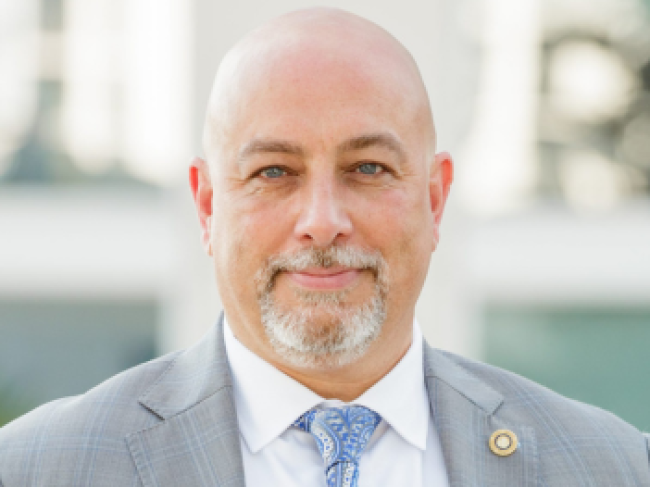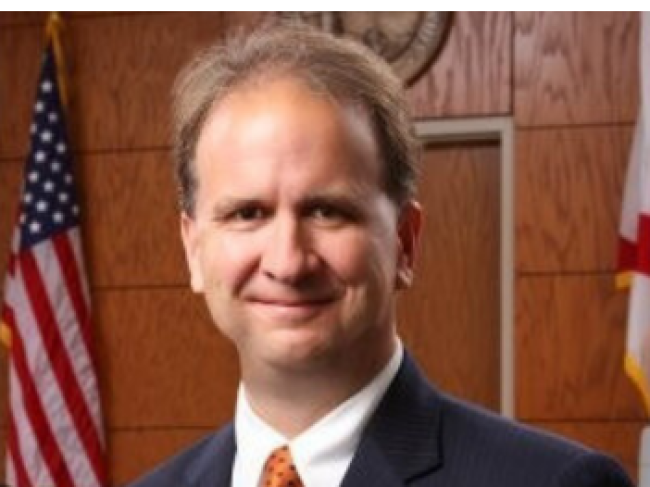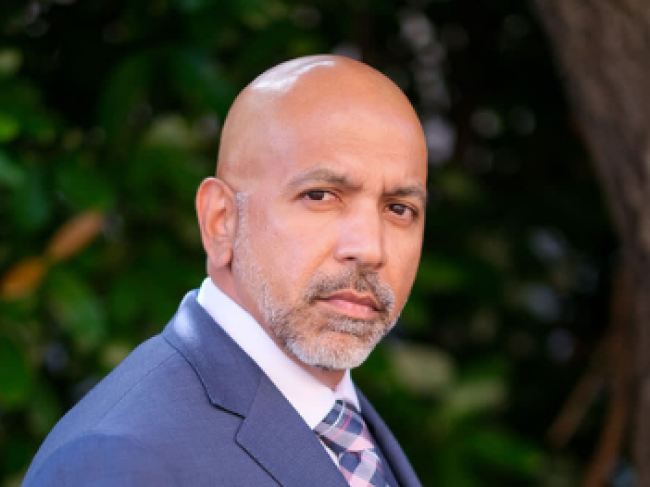Under the Florida DUI laws, a DUI is one offense that can be proved in one of two ways: drunk driving can be proved by impairment of normal faculties, or unlawful blood alcohol or breath alcohol level of .08% or above. Florida DUI lawyers know that penalties upon conviction are the same, regardless of the manner in which the offense is proven.
The penalties and consequences for a Florida DUI arrest are serious and far-reaching. They include fines, jail, and administrative license suspensions from the court. They also can include license suspensions, separate and apart from those imposed by the court, which are imposed by FDHSMV. Detailed information about each of these consequences follows below.
However, if you or someone you care about has been charged with a DUI, the most important thing to do is to contact experienced Florida DUI lawyers for a free consultation right away.












